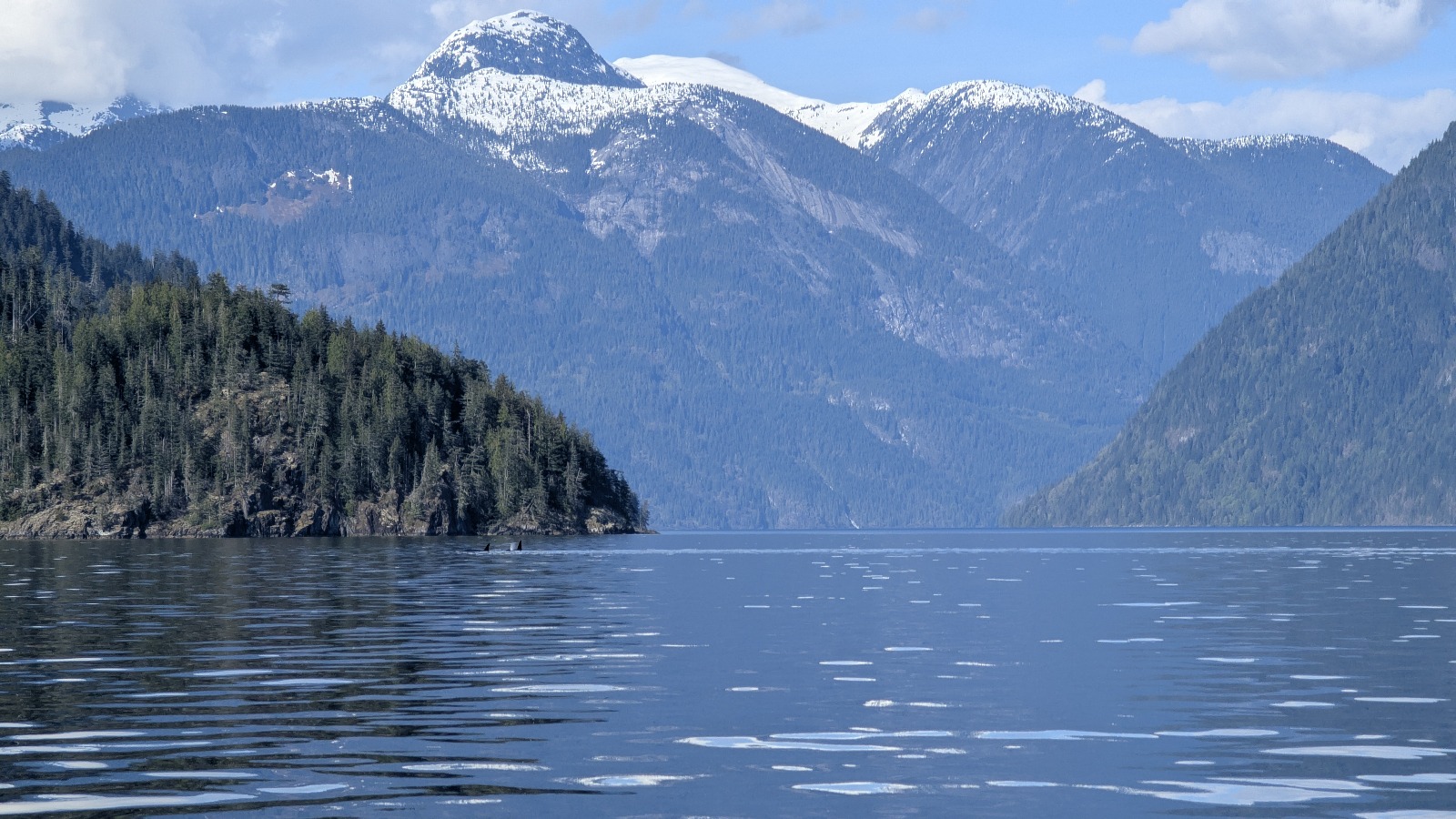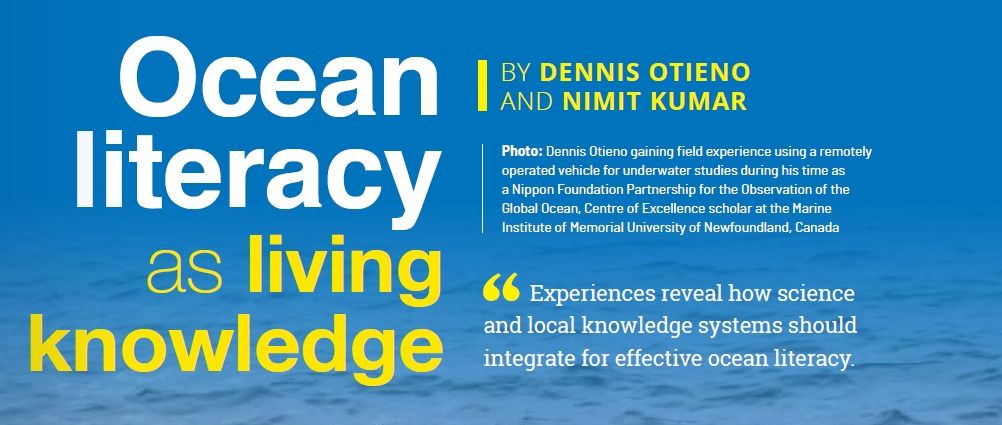
Support a Sustainable Blue Future
Protect coasts. Power innovation. Train ocean leaders. Your gift drives lasting impact!

Protect coasts. Power innovation. Train ocean leaders. Your gift drives lasting impact!
Ocean Research | 12-11-2025
by Denis Otieno
Share article

As an ocean observation researcher, I have spent years analysing physical data – currents, sea surface temperatures, altimetry and satellite imagery.My postgraduate research investigated the interdependent relationship between mangroves, seagrasses and coral reefs. But years along Kenya’s coast taught me that while science is necessary, it is not the only lens. There are many other ocean literacies – plural, local, place-based.
The Intergovernmental Oceanographic Commission of UNESCO definition of ocean literacy emphasizes humanity’s relationship with the ocean – a Western, formal, standardized approach. But in coastal Kenya, ocean literacy is intimate, observational, spiritual and custodial.
Consider the seaweed farmer detecting temperature changes through algae’s touch on the skin, or fishers reading water colour, bird migration and wind patterns to predict fish movement. Elders speak of “silent reefs” or “long tides” that coincide with coral bleaching or ocean warming.
These are not myths or anecdotes but generational literacies – unwritten knowledge systems built on perception, precision and feeling.
The ocean’s multiple literacies cannot be ignored – we must move beyond monolithic knowledge models. While IOC-UNESCO’s principles provide a foundation (one interconnected ocean, ocean–climate relationships, biodiversity, human connections) different communities understand these truths through different lenses.
Combining these literacies faces significant challenges. Language barriers extend beyond Swahili/ English to legitimacy itself – scientific reports use professional jargon while traditional knowledge lives in narratives, songs, rituals and proverbs often dismissed as “unscientific”.
Ethics and ownership present another hurdle. Local knowledge is frequently extracted for research or development without proper attribution or benefit-sharing. Ocean literacy initiatives must be reciprocal, ethical and be grounded in mutual respect.
Accessibility remains a major barrier. Many communities lack resources for ocean education – scientific equipment, translated materials or trained teachers. Without inclusive approaches, ocean literacy risks becoming a top-down agenda disconnected from coastal communities’ lived experiences.
These examples reveal the seeds of localized ocean literacy – knowledge rooted in place and culture. In our era of climate crisis, overfishing and deep-sea industrialization we cannot afford to dismiss any voices, methods or memories. The ocean knows no boundaries, so neither should our understanding of how to protect it.
DOI: The WIOMSA Magazine Issue 17: Ocean Literacies in the Western Indian Ocean
Ocean Research